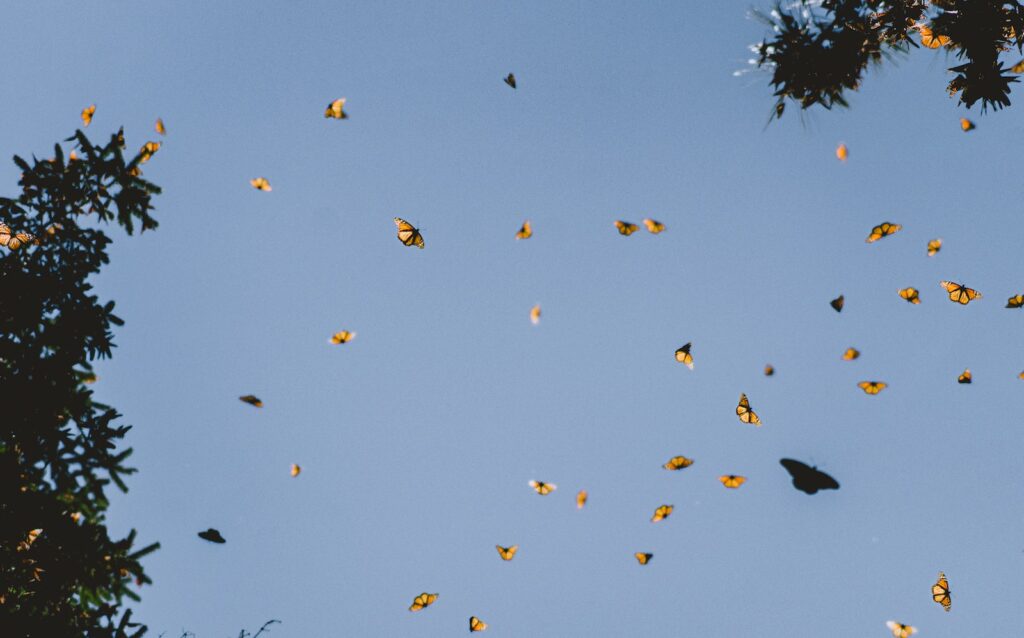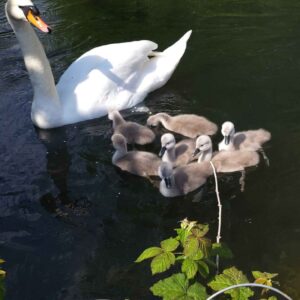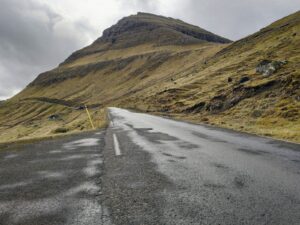Nature ‘struggled’ with extreme weather in 2022, says National Trust
Last year’s extreme weather had a profound impact on animals and plants a National Trust report has found, as they were up against severe flooding, cold snaps and wildfires.
Bats, wildflower meadows, butterflies, bees, toads and young trees particularly struggled in 2022, while seabirds also faced the devastation of bird flu.
In its annual review, the National Trust said that UK wildlife suffered more often than it prospered in 2022, warning that this kind of extreme weather is set to become the ‘new normal’ if the climate and nature crises are not tackled effectively.
This could destroy nature, as wildfires have destroyed habitats, drought has dried up rivers and severe flooding has affected wildlife.

Ben McCarthy, National Trust Head of Nature Conservation and Restoration Ecology, said: ‘This year nature has sounded the alarm as it has struggled to cope with the challenging weather conditions, which have confused wildlife and impacted habitats.’
UK temperatures last summer hit 40°C for the first time in history which left many species floundering as they battled the extreme heat.
National Trust rangers in Wallington, Northumberland took care of bats are they became dehydrated and disorientated in July, reviving them with water and placing them in cool, dark places to recover.
Still, bat populations have taken a hit, with numbers of Pipistrelle bats in Crom, Northern Ireland down to 300 from the 732 recorded in 2021.
There were no sightings of Natterjack toadlets at Formby in Liverpool and along the Sefton coast, as the heat also dried up pools were spawn and tadpoles were living.
Butterflies and bumblebees had a bad year too, as many plants flowered early, meaning the insects didn’t have access to enough food to see them through autumn. Young trees also suffered from drought and couldn’t cope with the extreme heat.
It wasn’t all bad news last year though, as the reintroduction of beavers to Somerset has been successful, helping to maintain water levels and support woodland ecosystems.
Photo by Shiebi AL














